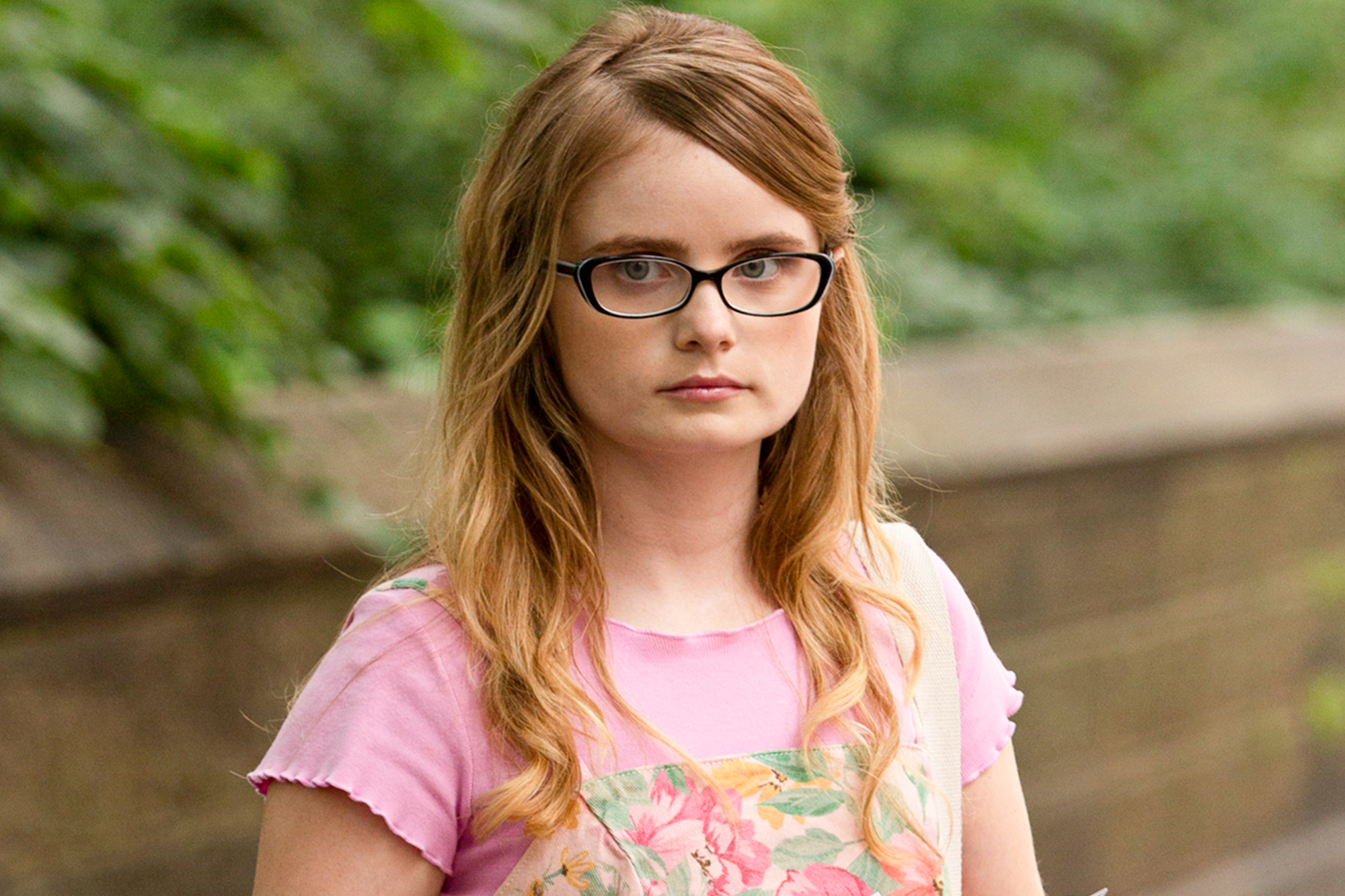Last year, one of TV’s best characters arrived.
Matilda, 17, was confident (sometimes), quirky (always), talented and likable. She was also autistic.
And she was, apparently, authentic. Kayla Cromer (shown here), who plays her in “Everything’s Gonna Be Okay” (10 p.m. Thursdays on Freeform, starting the second season April 8) is on the autism spectrum.
“I wasn’t coddled,” Cromer, 23, said by phone. And maybe she would have survived Matilda’s ordeal.
Throughout the first season, Matilda had insisted she would study piano at the Juilliard School in New York. Her half-brother Nicholas (Josh Thomas, the show’s creator and star) was doubtful. When she got there, she was overwhelmed. She tearfully phoned and asked to be taken home.
It was a moment many people can relate to (on a smaller scale), when facing city commotion. The first time time Garth Brooks tried to move to Nashville, he lasted 23 hours; the first time Marsha Posner Williams (who later became a “Golden Girls” producer) tried to move to Los Angeles, she decided “there was nowhere to park” and went home.
And yes, Cromer has had her own close call.
“My mom drove me (from San Jose) to San Francisco for an audition,” she said. “But downtown is packed. My mom never coddled me. She said, ‘You’re going to be late; I’ll let you out here.’”
Cromer overcame a Market Street blur and somehow reached her audition. “That was my biggest challenge – one of the busiest streets in San Francisco.”
In short, autism is truly a spectrum, varying with each person. There are some adjustments for Cromer – for this interview, departing from the norm, she was sent questions in advance – but not many.
“People seem to misunderstand,” she said. “People say, ‘You can’t be in that sport. You like fashion and make-up, so you can’t be autistic …. We have a different sense of fashion, but we have one.”
At 7, she was diagnosed with dyslexia, dyscalculia (called “math dyslexia”) and attention deficit hyperactivity disorder. Later, there was an additional diagnosis of Asperger syndrome.
From the start, Cromer has had strong interests. “I’m a lifelong paranormal investigator,” she said.
When she was 9, she got the Christmas present she wanted – an EMF (electromagnetic field) meter, used by scientists and by ghosthunters. She got a very high reading, she said, at the Queen Mary ship.
Acting became another passion. She modeled, did a couple episodes of the short-lived “South of Hell” (playing the younger version of star Mena Suvari) and in 2017 moved to Los Angeles.
“I lived in a struggling-artists’ commune with 31 roommates,” Cromer said. “We split into two groups and made a movie in 48 hours …. It was a cool movie, considering we only had 48 hours.”
So her slim resume included “Blood Orange,” as an actor and co-writer. Then along game Thomas, already a critics’ favorite from “Please Like Me,” his offbeat Australian series.
“I wanted a show with autism at the center, because I was really interested in it,” he told the Television Critics Association in January of 2020, shortly before “Everybody” debuted. “Honestly, I knew so little about it (and) I watched a documentary called ‘Autism in Love.’”
He wrote a script in which Nicholas arrives in the U.S. to visit his father, who promptly dies. Barely able to manage his own life and his gay romance, Nicholas is suddenly in charge of his half-sisters – Genvevieve, 14 and described as “angsty,” and Matilda, 17 and autistic.
Cromer auditioned on the day she had cut her foot at the beach, applied her own tourniquet and driven to urgent care. “I’m like, ‘Yeah, you’re gonna bring something to the role,’” Thomas recalled.
It’s been an interesting match, Cromer said by phone. “He’s the most sarcastic person I know. My sarcasm-detector is way better now, but it wasn’t very good at first.”
He kept expanding the Matilda character, leading to last season’s New York climax. The first two episodes this season find her at home, awash in emotions. “When I read those scripts,” Cromer said, “I thought, ‘No way; Josh has done it again.’”
